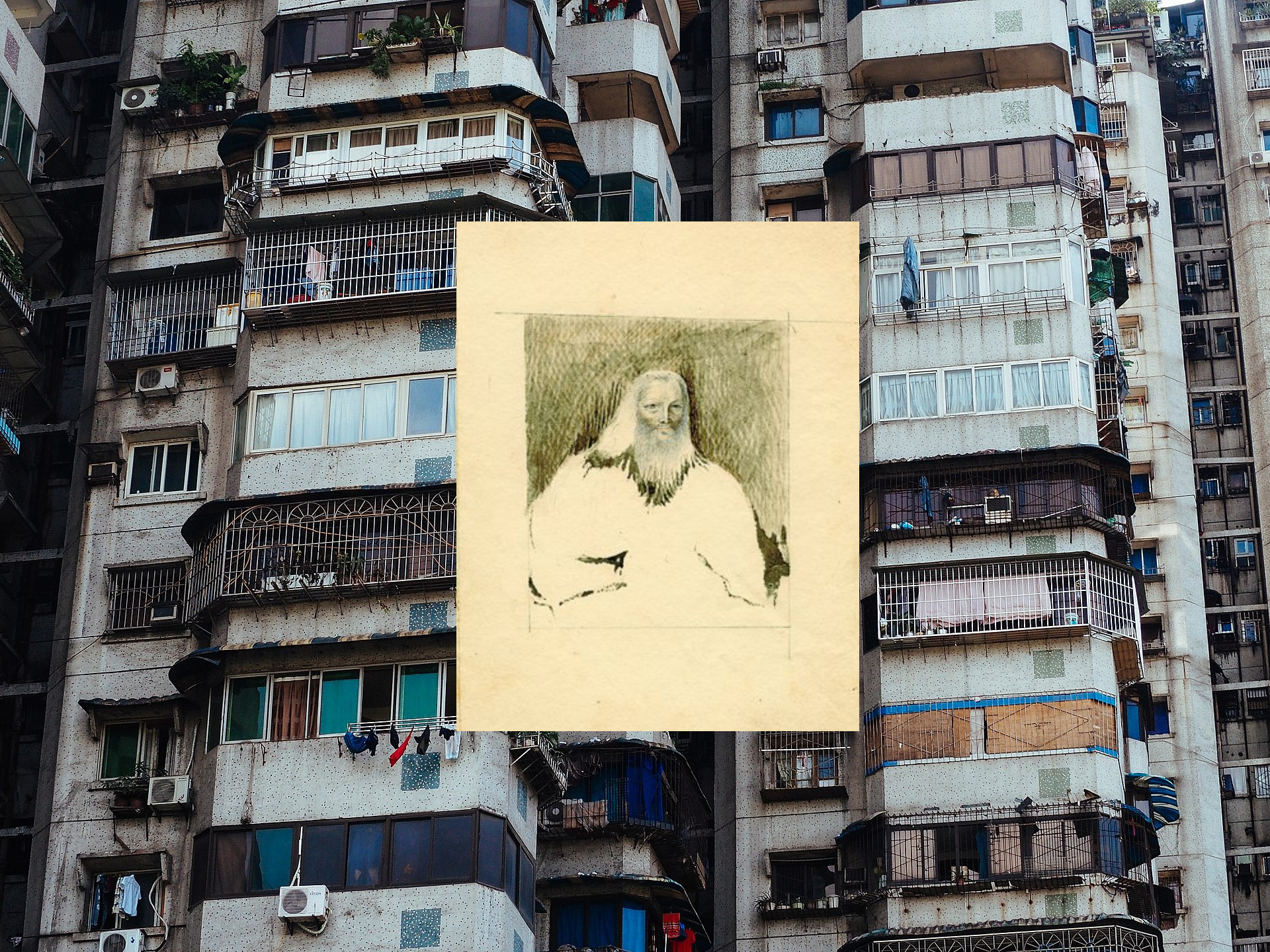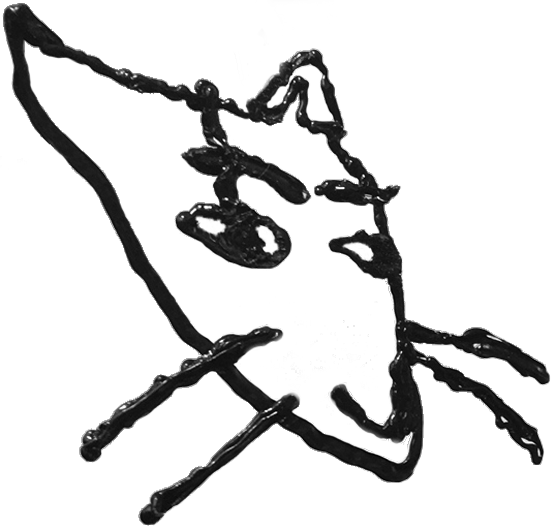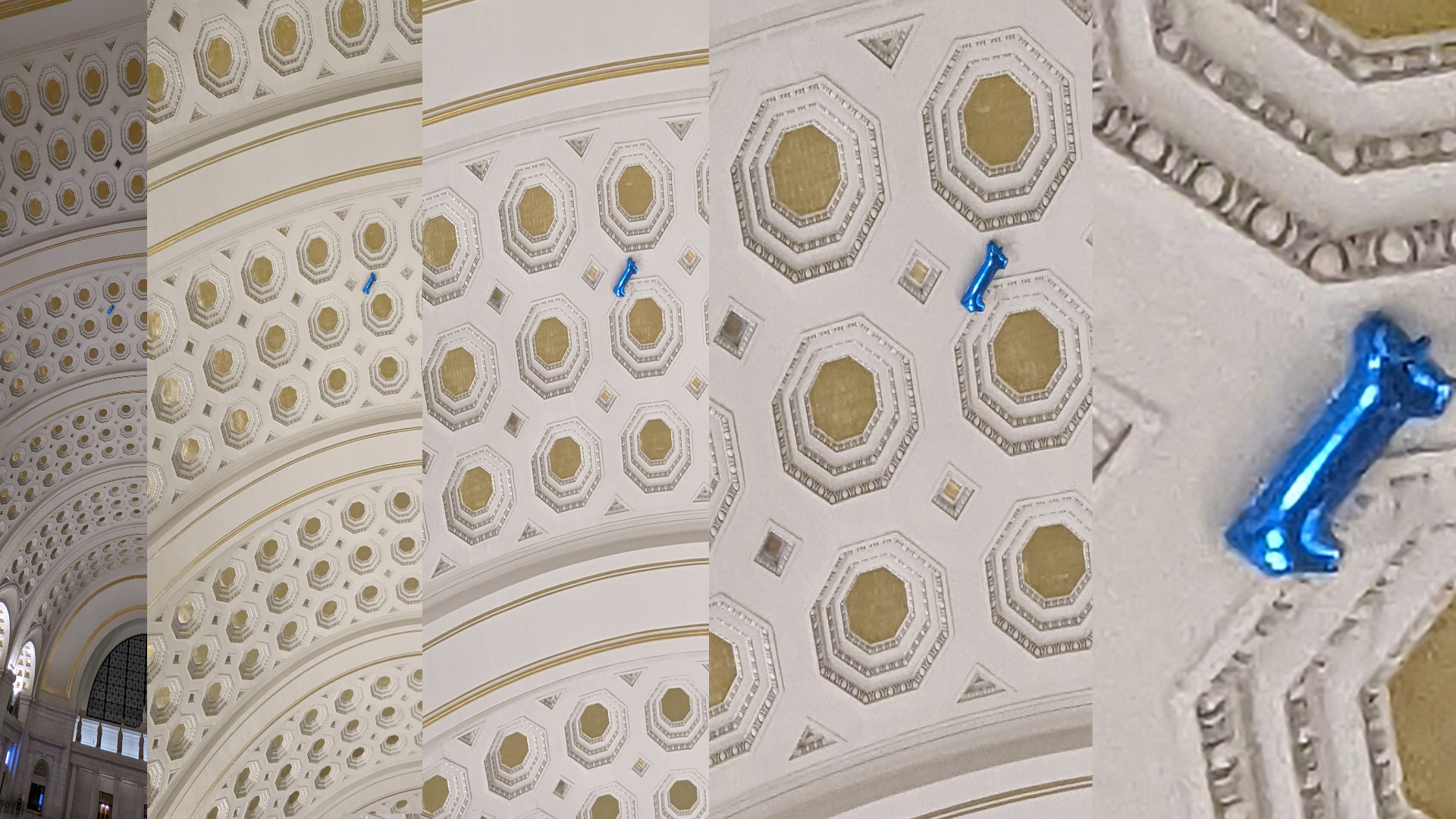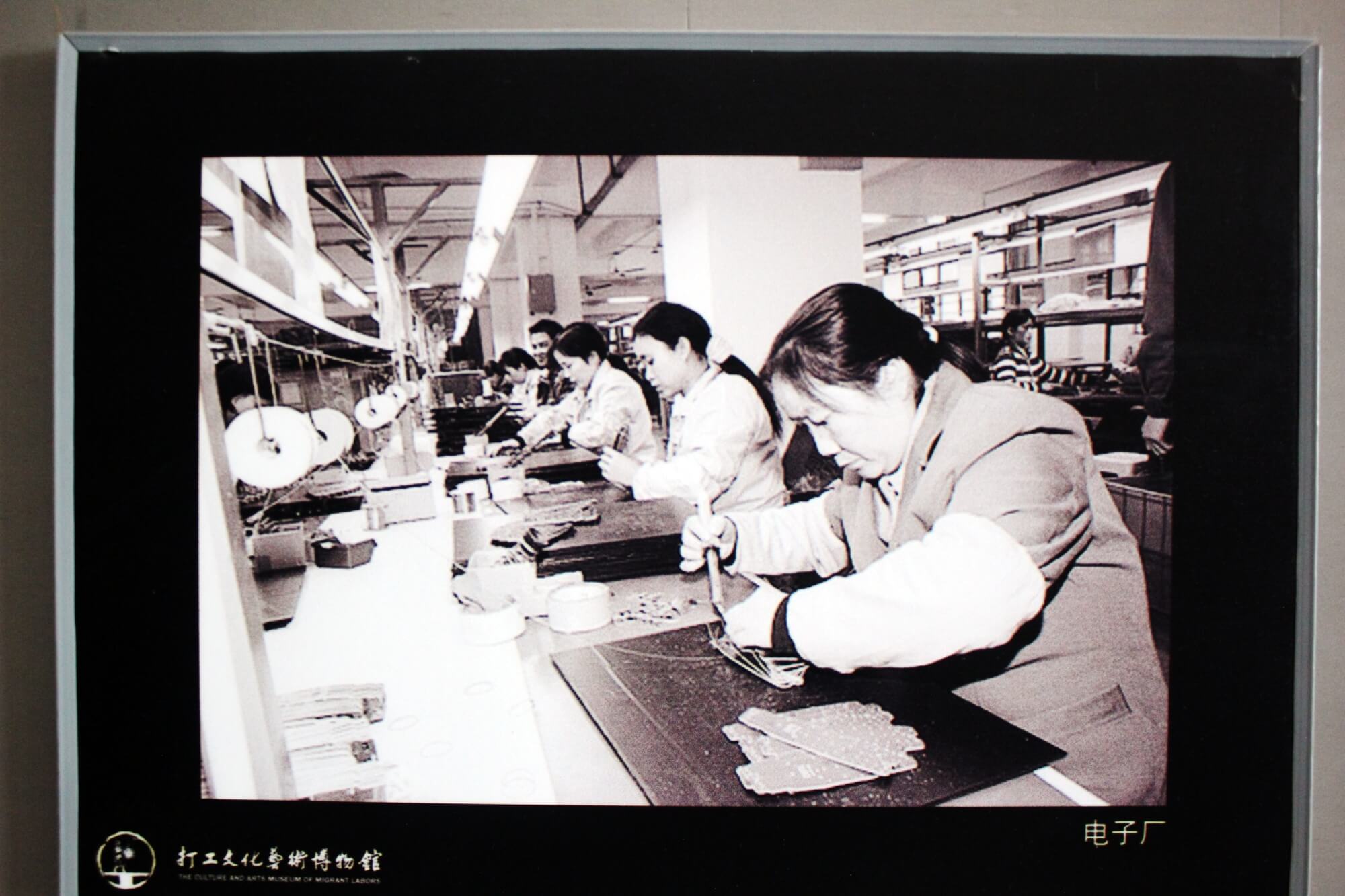When you spend a lot of time alone, you begin to think strange thoughts. It’s different when you’re with a friend. Then, you can’t think much beyond your next sentence, because everything after depends on the guy across from you. It’s a skittish kind of game, for me: you show yours and I’ll show you mine. It’s not like being alone.
Last year I moved to Beijing and spent about six months straight completely alone. Well, I talked to people at work, coworkers and students. But the rest of the time I was alone. During breaks I’d go seven or eight days without speaking aloud. I wasn’t a misanthrope; I just didn’t know how to meet people. I didn’t speak Chinese.
My 16th floor apartment had a giant window, and at first I spent a lot of time looking at the highway below. The cars moved in total silence. Sometimes they’d scatter as an ambulance passed, then order would resume. Meanwhile I’d think about the usual stuff. How I was going to become a famous writer. What I should read to get really smart. Whether my exes were still in love with me and whether I was still in love with them.
Eventually I exhausted all that and didn’t think about much at all. From the couch, all I could see out the window was smog. I spent a lot of time watching YouTube videos. Occasionally my VPN would break and I’d get a kind of desperate feeling, watching the circle swirl around. If you can’t watch a video you feel more alone.
When you’re alone your thoughts are like a pane of glass cracking slowly. You can see right through them at first. You wake to light streaming in the window, and say something like “today I’ll go for a walk,” and that’s enough. Your desires are clear, communicable, as though you still had a friend to share them with. Then the solitude begins to press. You wake to find the light already failing. You stop thinking with words. And very slowly the fissures spread, the lines spider out, until one day you find you can’t see anything at all. It’s all cracked.
This was when strange thoughts began to happen to me. They were memories, little things I’d forgotten from a long time ago. Like how the hairline crack that’s been there forever suddenly shoots across the glass.
The first was an image. I am on the floor in a small room, young. I don’t think I can get that low now unless I press my face to the floor. And up on a bed, far away, is a woman. I think she’s my mother. She has dark hair and she’s breastfeeding. And seeing her there holding something, far away, I feel warm.
I hadn’t felt that warm in a long time. Not on the couch next to the vent or bundled up in my bed. Not even close. And each thought that came brought something like this. A memory, a simple feeling, a reminder of some vivid, distant place. And what was sad was that none of the places had been lost. I could still feel warm. It had just got cracked.
In my journal at the time, I wrote about being in a “state of perdition.” I didn’t know precisely what the word meant, I just knew something was wrong. The days would pass through me without leaving a mark, like ghosts, and nothing was solid. It wasn’t intense; mostly I felt apathy. But behind that apathy, behind the cracks and the smog, there was a kind of muffled terror. Sometimes of dying, more often just at the thought that there was more of this. More of the silent apartment, the enormous window, the light that came and went. Sometimes at night I would cry and say things like “is this it? Is this what’s left?”
Then I read something in the Brothers Karamazov. It’s about a character named Father Zosima, a dying holy man. After saying some strange things about God that I don’t understand, he turns to his favorite disciple, Alyosha, and tells him a story. It’s about Zosima’s brother, who died when he was very young. And he doesn’t remember much of him, but he does remember the way he was at the end. At the end the little boy was kind and good, and he said: “Life is paradise!”
Then Zosima touches Alyosha, and begins to cry. He says “When I saw you, I knew that you were my brother. Don’t you understand?” And Alyosha does understand, and he cries too. “I saw that you were my brother, and that’s why I love you.”
That helped with the terror. I’m not sure why. Maybe when I feel warm, I can think “This is my mother.” And that’s how I can love it.
It’s how I thought when I was young. I would look for patterns and duplicates, crouching in the grass. This ladybug is the same as the one I found yesterday. It remembers me, and dances because it’s glad to see me. That cloud came all the way from my fifth birthday to today. I thank it for its visit. These friends are in my dreams because I asked them to come. Maybe that’s how saints and psychotics think.
Later I got some friends and stopped thinking so much. I moved out of the apartment with the window, into an old building on the ground, where I could hear cars and ambulances. I make plans and meet friends and watch videos. I am more or less happy, but the cracks remain. They never retreat or become less obscure, and I know they only go out and out. But I have learned to make do with familiarity. And when one day the whole thing shatters with a pop, I expect to find more than terror.




